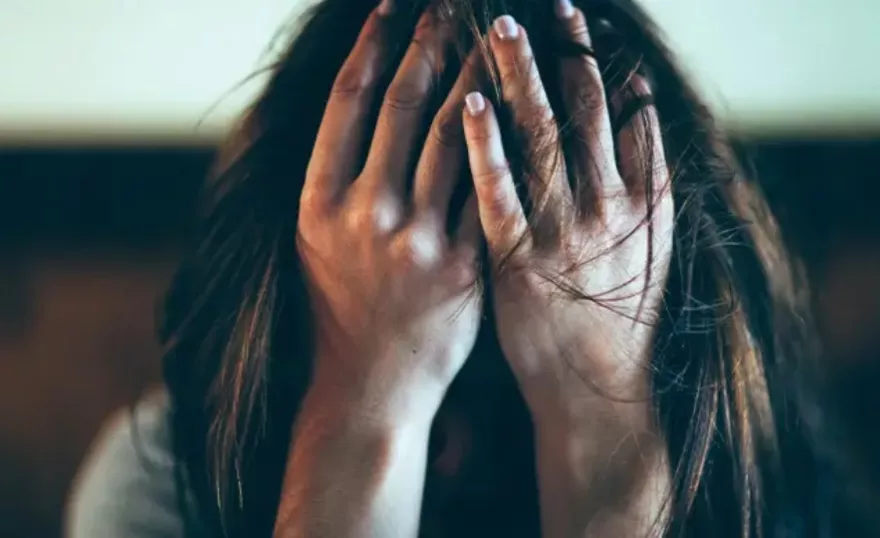General News
Sometimes it's more than the jitters or simple concerns. Generalized anxiety disorder (GAD) can bring feelings of extreme tension, fear and worry into your life at any time, for any reason, or for no reason at all.
GAD often begins between childhood and middle age, according to the National Institute of Mental Health. GAD is also more likely to occur in people with a family history of anxiety.
Symptoms of GAD include:
- Constant worrying that you can't control, even if you know you're overreacting
- Trouble sleeping or relaxing
- Trembling, twitching or tense muscles
- Headaches
- Crankiness
- Sweating or hot flashes
- Trouble breathing
- Feeling light-headed
“Unlike some other anxiety disorders, GAD usually doesn't cause people to avoid going out in public,” said John Bigger, Corporate Director of Behavioral Health at Cape Fear Valley. “But severe, untreated cases of GAD can disrupt a person's everyday activities.” Get back that mellow feeling. If you have excessive worry or anxiety along with any of the other GAD symptoms, talk to your doctor or reach out to the Cape Fear Valley Community Mental Health Center for a referral to a psychotherapist or psychiatrist. You can contact Cape Fear Valley Community Mental Health Center by calling (910) 615-333 and pressing “1” for scheduling. Treatment can help. Some ways to treat GAD include:
Medication. Medicine can't cure GAD, but it can help ease anxiety. Several anti-anxiety medicines are available.
Psychotherapy, including techniques such as Cognitive behavioral therapy (CBT). This therapy helps people change the way they react to the things that make them anxious. One common technique teaches people breathing exercises to help ease their anxiety.
In cognitive behavioral therapy, people also learn how to better respond to the things that trigger their anxiety. CBT also helps people to understand and change the thought patterns that lead to anxiety.
In many cases, psychotherapy can help you learn the source of your anxiety and can help teach you ways to manage it. Sometimes, the best approach can often be a combination of psychotherapy techniques along with medication that can help you deal with the symptoms while allowing you time to develop coping skills.
Looking for more ways to ease your anxiety? Check out these 8 ways you can ease anxiety in your life:
https://capefear.netreturns.biz//interactives/scrolleractives/anxiety/
(Insert QR Code)
Want to schedule an appointment?
Call 910-615-3333




